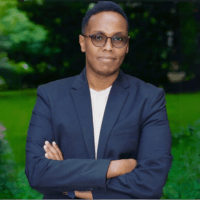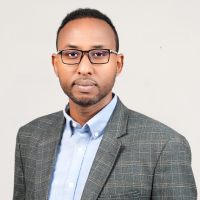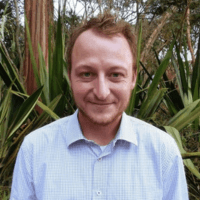- 2018 - 2026.
- Somali Public Agenda.
- All rights reserved.

Fellow

Fellow

Design Fellow

Design Fellow

Fellow

Fellow

Fellow

Fellow

Design Fellow

Fellow

Fellow

Fellow

Fellow

Fellow

Fellow
Somali Public Agenda (SPA) is a non-profit, non-partisan, and independent public policy and administration research and action organization based in Mogadishu. It aims to advance understanding and improvement of public policy and services in Somalia through evidence-based research and analysis, dialogue, policy and service design, and training.
Stay updated on governance and public services in Somalia!